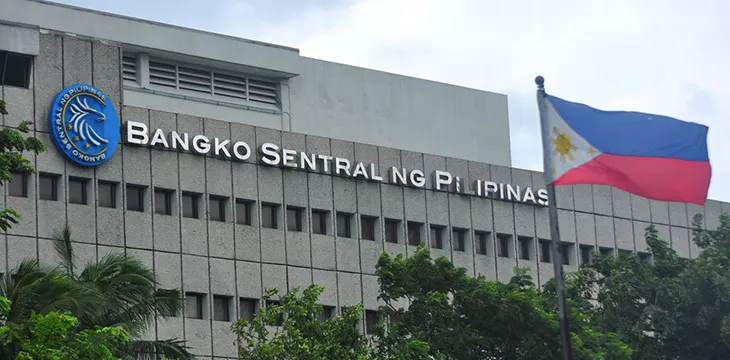|
Getting your Trinity Audio player ready...
|
The central bank of the Philippines wants to make sure that Filipinos don’t take any chances when it comes to trading cryptocurrencies. The Bangko Sentral ng Pilipinas (BSP) warned the public on June 17 to only use digital currency exchanges that had been approved to operate in the country.
While many smaller operations and individual crypto traders might offer their services, stick to the accredited businesses, the bank warned on Twitter: “The BSP advises the public that operators of ATMs that allow purchase or exchange of Virtual Currencies such as Bitcoin, must be registered with the BSP as VC Exchanges under Circular No. 944.”
That Circular 944 goes back to February 6, 2017, and regulates how exchanges must operate in the Philippines, including their registration, operation and reporting to the government.
The warning went beyond just who Filipinos were trading their currencies with, but also in how they did it. The BSP doesn’t seem to be a big fan of HODLing, as it turns out. “The BSP recommends that VC users deal only with BSP-registered VCEs, and maintain only a sufficient amount of VC to cover transactional requirements,” said the BSP in their tweet.
They also reminded the public that the BSP doesn’t recognize digital currencies as a form of legal tender or investment. They won’t go so far as to say it shouldn’t be used though, as digital currencies have become an important method of money remittance, a vital type of transaction for many Filipinos who depend on money sent home from abroad.
The warning is a necessary one as the cryptocurrency industry hits highs it hasn’t seen since the beginning of 2018. When cryptos had previously reached new all-time highs, the Philippines was rocked with investment scams around SegWitCoin (BTC) and other dark coins.
This common sense reminder to use digital currencies as what they are intended to be, currencies, and to only use well regulated exchanges, is an important message for any country, but specially the Philippines, where honest, well-intended crypto enthusiasts might need a little more reminding that cryptocurrencies are intended to be for transactions, and not a get rich quick scheme.

 07-14-2025
07-14-2025 





